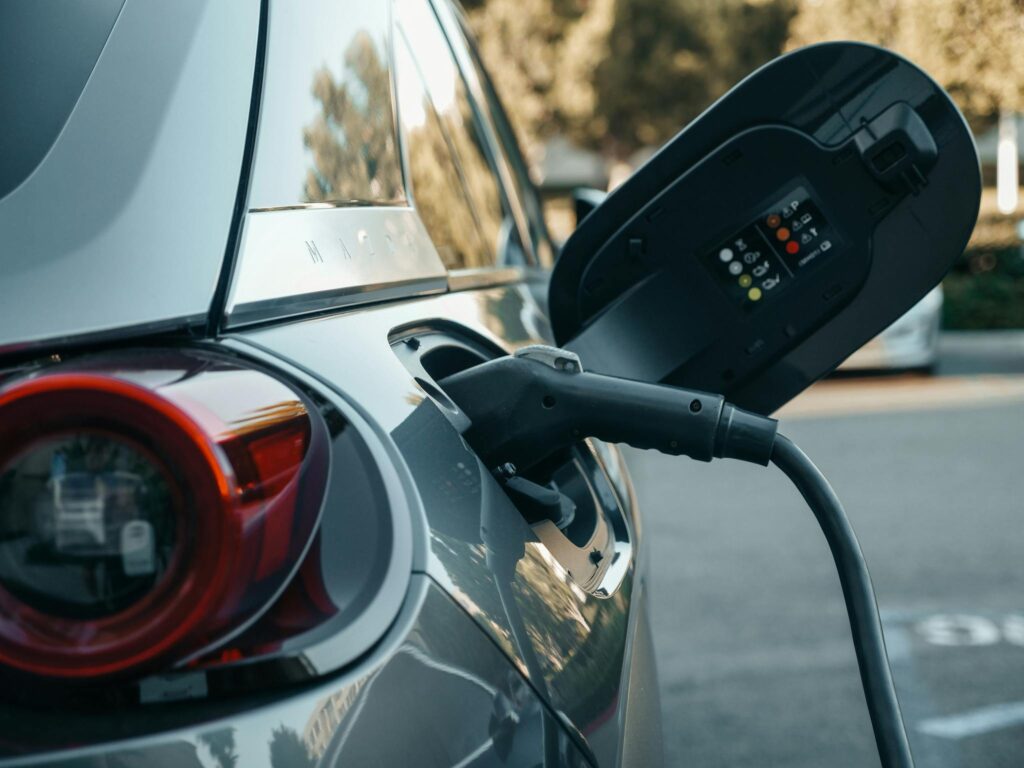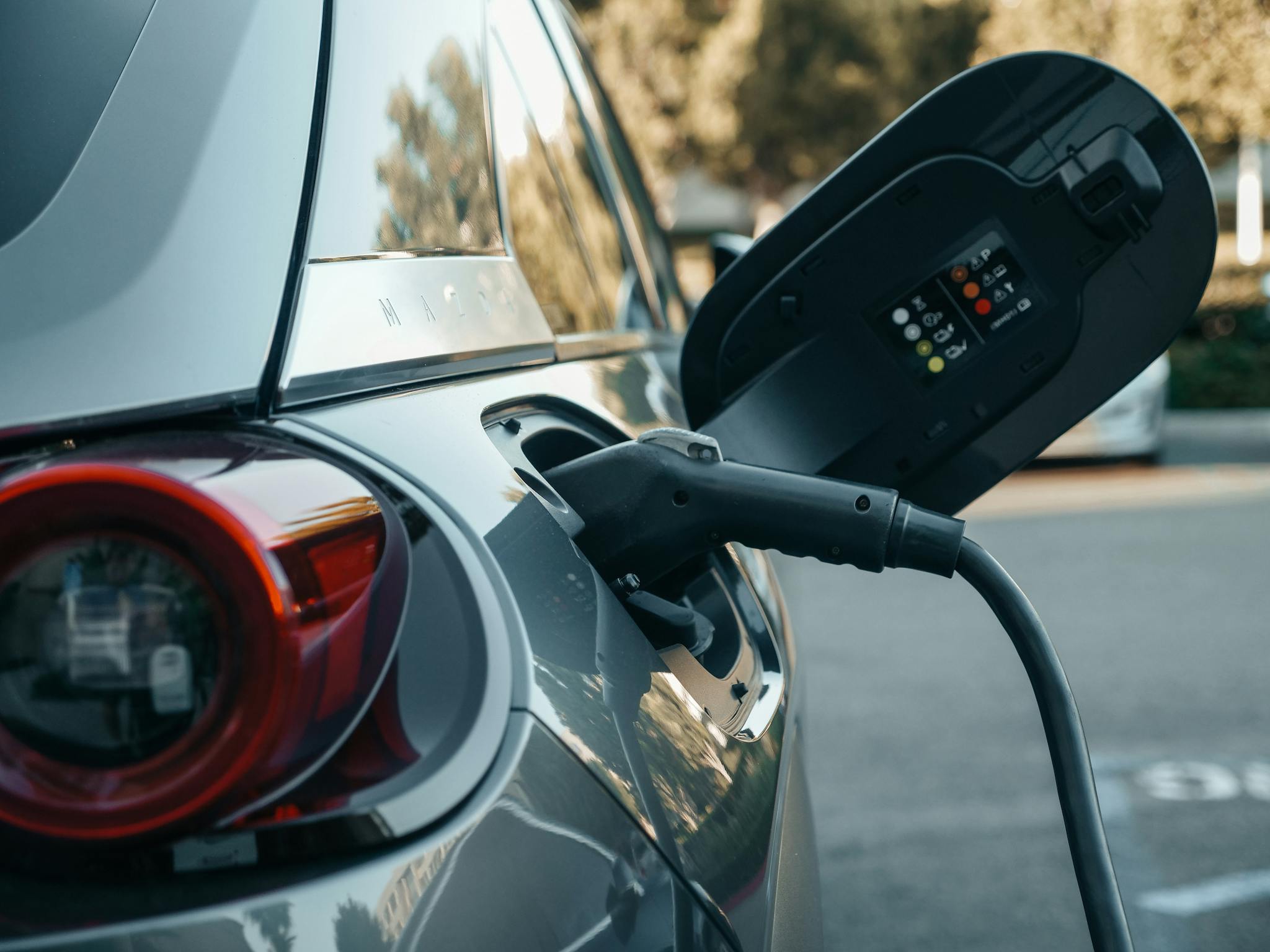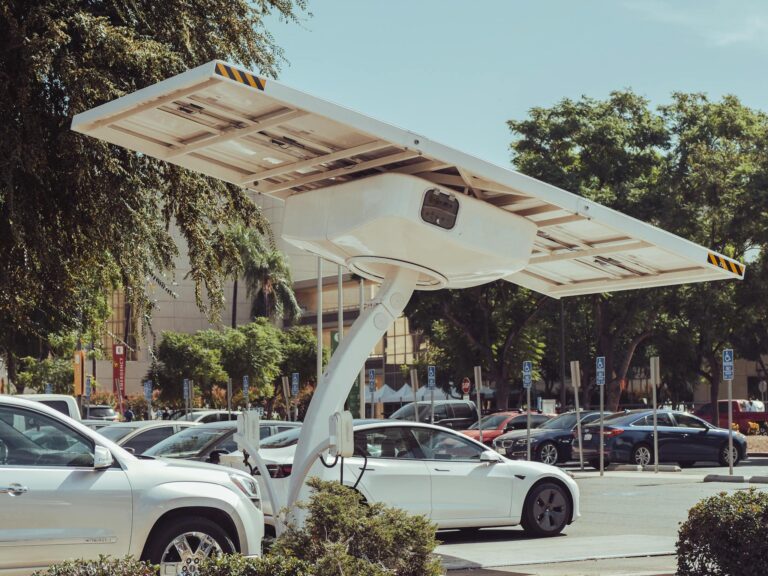Hidden Costs of EV Ownership: The Complete Financial Picture
Making the switch to an electric vehicle represents more than just swapping gas stations for charging ports – it’s a fundamental shift in how we think about transportation costs. While EVs promise lower operating expenses and environmental benefits, potential owners should carefully consider the less obvious financial commitments that come with electric vehicle ownership. From installing home charging infrastructure to understanding battery replacement costs and managing multiple charging network subscriptions, the true cost of EV ownership extends beyond the vehicle’s sticker price. This comprehensive guide breaks down these hidden expenses to help you make an informed decision about your electric vehicle investment.
- Initial Setup Costs: $1,000-$7,500
- Annual Operating Expenses: $800-$2,000
- Expected Battery Lifespan: 8-10 years
- Potential Long-term Savings: $6,000-$10,000 over 5 years
- Key Cost Factors: Home charging setup, battery health, charging network access

Home Charging Infrastructure and Installation Expenses
While the prospect of never visiting a gas station again is appealing, setting up a home charging system for your new electric vehicle requires significant upfront investment. A Level 2 home charging station, which has become the standard for overnight EV charging, typically costs between $400 and $800 for the equipment alone. However, this is just the beginning of your home charging journey.
Professional installation costs can range from $500 to $2,500, depending on your home’s electrical setup and local labor rates. Many homes, especially those built before 1990, require electrical panel upgrades to handle the additional 40-amp circuit needed for Level 2 charging. These panel upgrades can add another $1,500 to $4,000 to your total installation cost.
Local Permits and Inspections
Before any work begins, you’ll need to secure proper permits from your local municipality. Permit fees typically range from $50 to $200, and most jurisdictions require a professional inspection after installation. While these added steps might seem bureaucratic, they ensure your charging setup meets safety standards and building codes.
Long-Term Electrical Costs
The impact on your monthly electricity bill deserves careful consideration. Based on average U.S. electricity rates of $0.14 per kilowatt-hour, charging an EV with a 60-kWh battery from empty to full costs approximately $8.40. However, many utility companies offer special EV charging rates and time-of-use plans that can significantly reduce these costs.
Quick Cost Breakdown:
- Level 2 Charger Equipment: $400-$800
- Professional Installation: $500-$2,500
- Potential Panel Upgrade: $1,500-$4,000
- Permits and Inspections: $50-$200
- Monthly Electricity Cost Increase: $30-$60 (based on average driving patterns)
Pro Tip: Contact your utility provider before installation to inquire about EV-specific rate plans and potential rebates. Many companies offer incentives that can offset these initial costs by 20-30%.
Battery Maintenance and Replacement Considerations
While electric vehicles typically require less routine maintenance than traditional cars, the battery system represents the most significant long-term cost consideration for EV owners. Modern EV batteries are designed to last 8-10 years or 100,000-150,000 miles, with manufacturers typically offering warranties for this duration. However, understanding the full picture of battery-related expenses is crucial for making informed ownership decisions.
Battery Degradation Reality
All EV batteries naturally lose capacity over time, typically dropping to about 90% of their original capacity after 5 years of normal use. While this degradation doesn’t necessarily require immediate action, it does impact your vehicle’s range and eventual resale value. Most manufacturers consider a battery at 70% capacity to be at the end of its useful life, though many EVs continue operating below this threshold.
Replacement Costs
The sobering reality of out-of-warranty battery replacement can catch many owners off guard. Current replacement costs range from:
- Compact EVs: $4,000-$8,000
- Mid-size EVs: $10,000-$15,000
- Luxury EVs: $15,000-$25,000
- Performance EVs: $20,000-$35,000
Battery Conditioning Best Practices
To maximize battery life and minimize long-term costs, consider these essential maintenance tips:
- Maintain charge levels between 20% and 80% for daily use
- Avoid frequent DC fast charging
- Park in temperature-controlled areas when possible
- Follow manufacturer-recommended charging schedules
Insurance Implications
Many insurance providers now offer specific EV battery coverage options, which can add $20-$50 to monthly premiums. However, this additional coverage can prove invaluable if battery issues arise outside the manufacturer’s warranty period. Be sure to discuss battery coverage specifics with your insurance provider, as policies vary significantly.
Quick Take on Battery Health:
✓ Monitor battery capacity through vehicle diagnostics
✓ Keep detailed charging records
✓ Schedule annual battery health checks
✓ Consider extended warranty options
✓ Document any unusual battery behavior
Charging Network Subscriptions and Public Charging Costs
The freedom to charge anywhere comes with a complex web of subscription plans, varying rates, and network-specific pricing structures. Unlike the straightforward process of filling up at any gas station, EV owners often need multiple charging network memberships to ensure reliable access to public charging stations. Major networks like ChargePoint, EVgo, and Electrify America offer monthly subscription plans ranging from $4 to $15, each with their own perks and discounted rates.
Subscription Cost Breakdown
Leading charging networks typically structure their plans as follows:
- ChargePoint: $7.99/month with $0.21/kWh member rate
- EVgo: $8.99/month with $0.27/kWh member rate
- Electrify America: $4/month with 25% off standard rates
- Tesla Supercharger Network: No subscription, but higher rates for non-Tesla vehicles
Peak vs. Off-Peak Pricing
Public charging stations often implement time-based pricing structures:
- Peak Hours (2PM-8PM): $0.35-$0.45/kWh
- Off-Peak Hours (8PM-6AM): $0.20-$0.30/kWh
- Super Off-Peak (1AM-5AM): As low as $0.15/kWh
Real-World Charging Scenarios
A typical road trip charging session might cost:
- 30-minute fast-charging session: $15-$25
- 1-hour Level 2 charging: $5-$10
- Full charge (60kWh battery): $20-$35
Annual Public Charging Expenses
Based on average driving patterns, EV owners can expect to spend:
- Primary Home Charging User: $200-$400/year in public charging
- Frequent Traveler: $600-$1,000/year
- Urban Dweller (no home charging): $1,200-$1,800/year
Money-Saving Tips:
✓ Plan routes around preferred network locations
✓ Charge during off-peak hours when possible
✓ Bundle subscriptions with credit card rewards programs
✓ Use manufacturer-provided charging credits
✓ Compare network rates in your frequent travel areas
Cost Comparison to Traditional Fueling
While public charging can be more expensive than home charging, it still generally offers savings compared to gasoline:
- Average gasoline cost per mile: $0.12-$0.15
- Average public charging cost per mile: $0.06-$0.10
- Average home charging cost per mile: $0.03-$0.05
This complex pricing landscape makes it essential for EV owners to carefully plan their charging strategy and budget accordingly. While the overall cost of charging remains lower than traditional fuel expenses, understanding and optimizing your charging habits can lead to significant long-term savings.
The Real Bottom Line: Making an Informed EV Investment
While the hidden costs of EV ownership may seem daunting at first glance, they need to be weighed against the long-term benefits and potential savings. The initial investment in home charging infrastructure, combined with strategic planning for battery maintenance and charging network subscriptions, typically pays off within the first few years of ownership. On average, EV owners report saving $4,000-$6,000 in fuel and maintenance costs over their first five years compared to traditional vehicle ownership.
The key to successful EV ownership lies in proper planning and understanding these hidden costs before making the switch. By factoring in home charging setup costs, being proactive about battery maintenance, and optimizing your charging network subscriptions, you can maximize the financial benefits of your EV investment. Remember that many of these costs can be offset through federal, state, and local incentives, as well as utility company rebates.
Final Cost-Saving Recommendations:
- Research available tax incentives and rebates before purchase
- Get multiple quotes for home charging installation
- Compare charging network plans in your area
- Consider battery warranty options carefully
- Track your charging costs using dedicated apps
- Stay informed about emerging EV technologies and pricing trends






